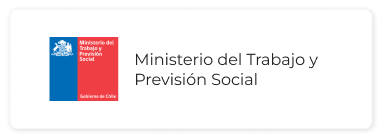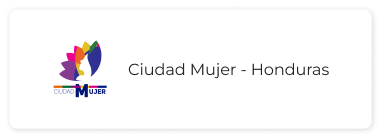
Technical Workshop on Social Registers: the Importance of Data Interoperability
The Technical Workshop on Social Registers, organized by the German Society for International Cooperation (GIZ), took place on November 8 and 9. In this event, Alberto Serra, an IT consultant specializing in Social Protection and founder of Visiion, served as the organizer and moderator. During the various virtual meetings, over 40 professionals from Chile, Colombia, Ecuador, Peru, and the Dominican Republic exchanged experiences and worked together, enhancing cooperation and learning.
The workshops focused on five cross-cutting themes of interest for all participating countries: Interoperability; Population data without administrative records; Data protection; Quality information and risk analysis; and Alternative data sources – Geographic Information Systems.
Thanks to the workshops, each country was able to present key points on each of these themes, helping others find solutions to improve various aspects related to the Management of Social Information Systems.
In this regard, the focus on Data Interoperability proved to be fundamental and central to the Workshop. This topic is at the heart of global discussions, with organizations such as the World Bank and the Inter-American Development Bank working together to provide assistance to countries in the region to integrate information from their Social Registries.
What do we mean when we talk about Data Interoperability?
The theory is quite simple: data interoperability is the ability of two or more systems or components to exchange information and use the information exchanged.
In the case of Social Registries, data interoperability refers to the need to integrate administrative records from different sources. The goal is to avoid having to constantly generate and seek out information that is already available, as is still done in many situations in the countries of the region.
With interoperable data, it is possible to create a national Data Bank that serves as a source of reference, to better understand the citizenry and make better decisions when allocating resources and aid.
Why is Data Interoperability important in Social Registries?
There are two fundamental reasons to explain the importance of data interoperability: it reduces costs and reduces time. Therefore, it improves the efficiency of Social Registries.
Recollecting information that is already available in another public agency requires allocating economic and human resources to a task that has already been completed. The information is there; it’s just not always in the right format or quality.
The path to having integrated data functioning as a Data Bank should begin with a Data Governance framework that establishes clear regulations, procedures, and controls for both data collection and use.
It’s not only important how data is collected, but also its protection, as it often contains sensitive information about populations, especially the most vulnerable.
One of the greatest opportunities lies in the use of data provided by Non-Public Institutions as a source of information. For example, utility companies, such as those providing electricity or gas, have data that can be used to create a consumption matrix.
It is essential to advance towards this integration of information while maintaining a focus on data security. This requires clearly defining who can access and what data from the social registry, establishing specialized areas within the responsible institutions, creating clear agreements for information exchange between institutions and/or civil society, and implementing measures aimed at the ethical management of data.






















